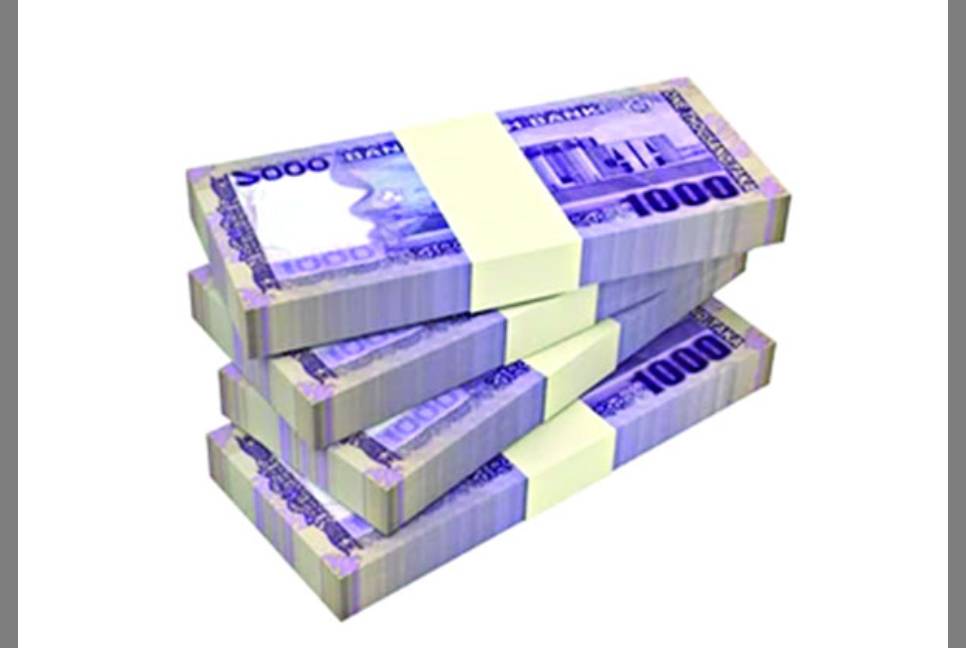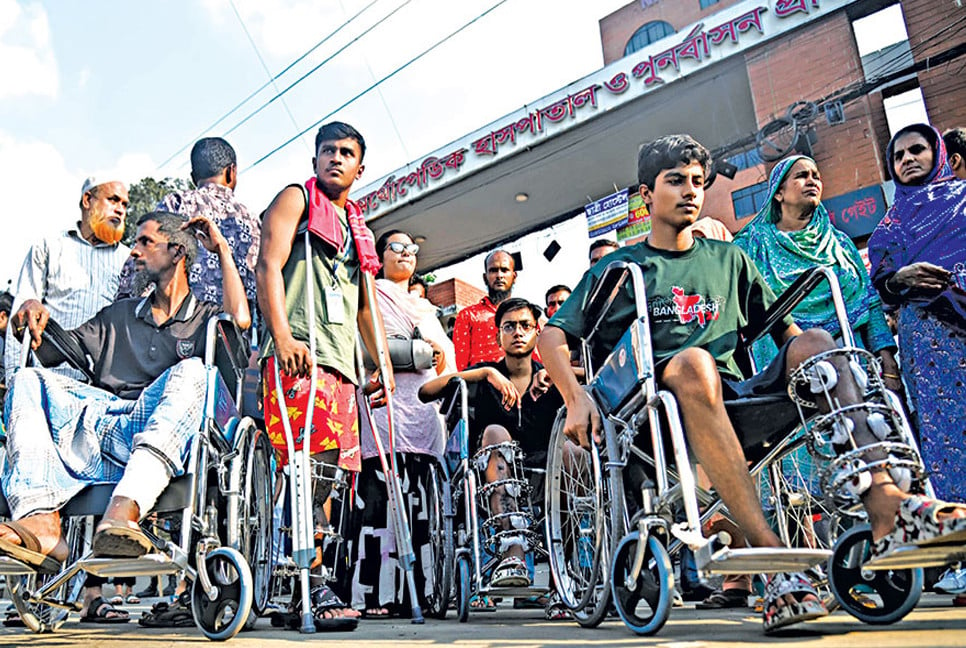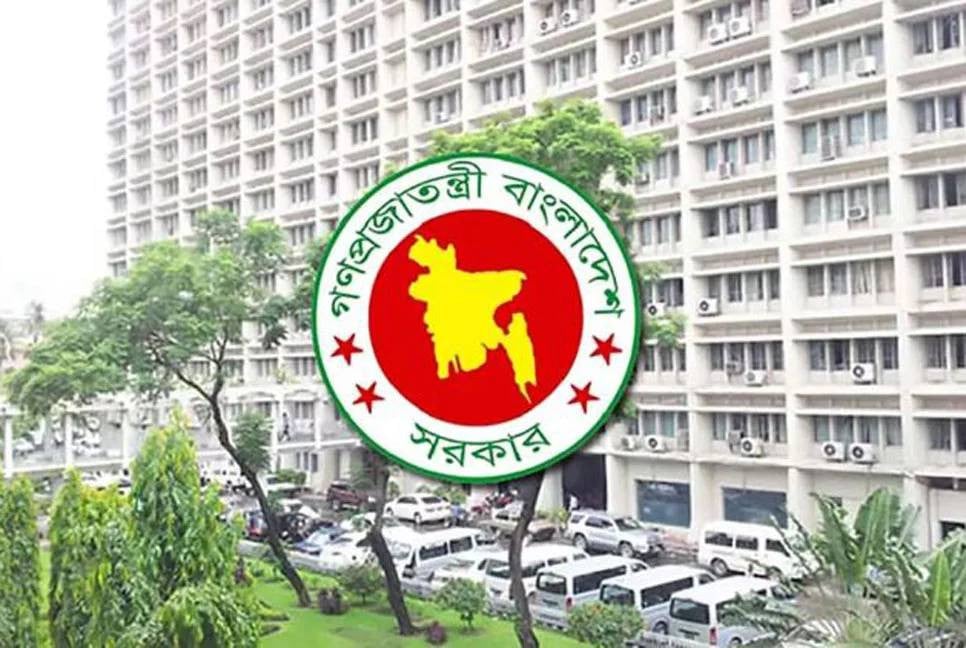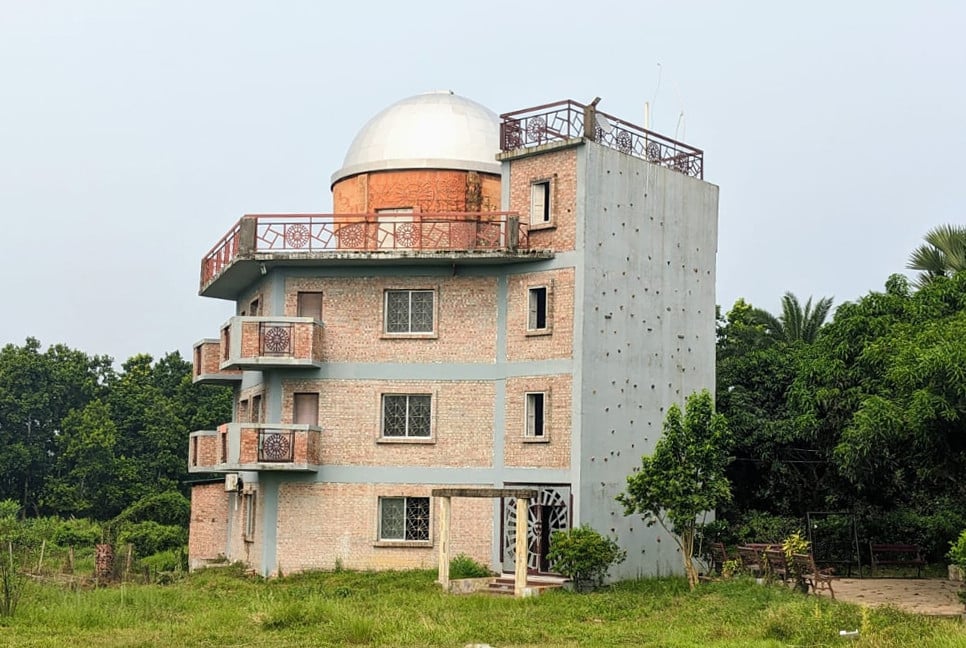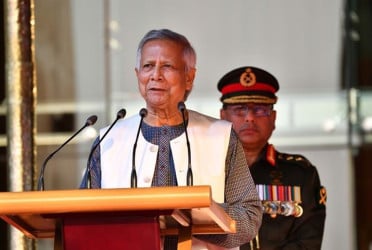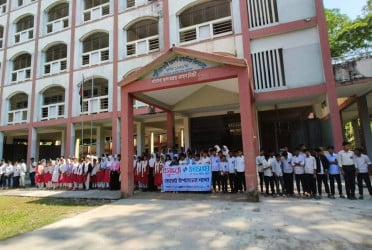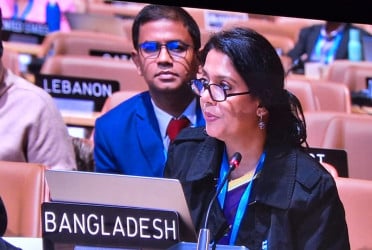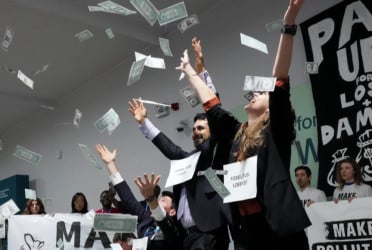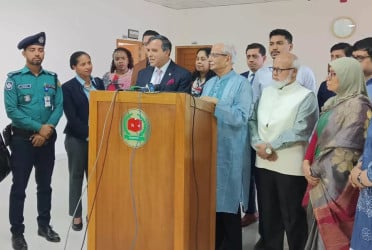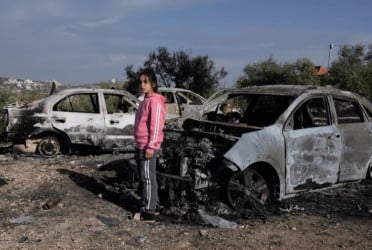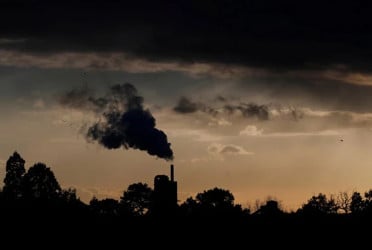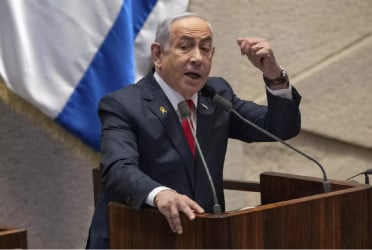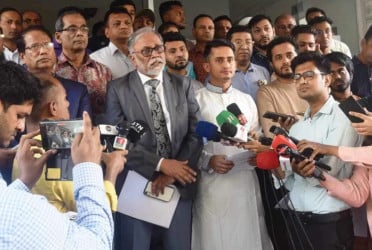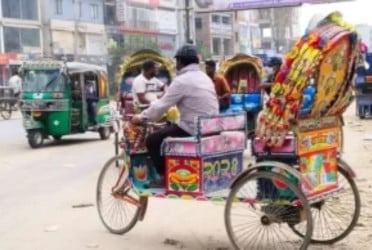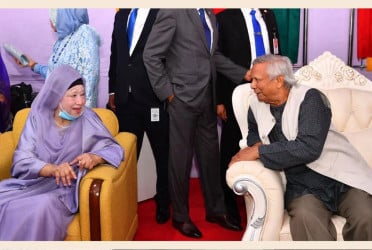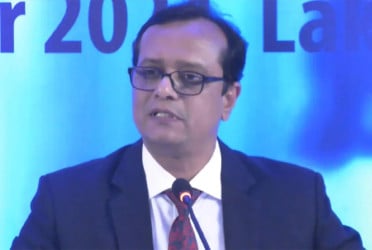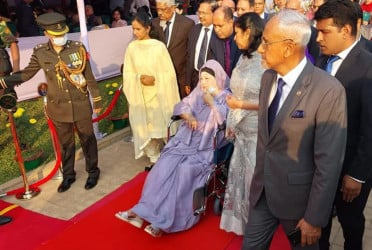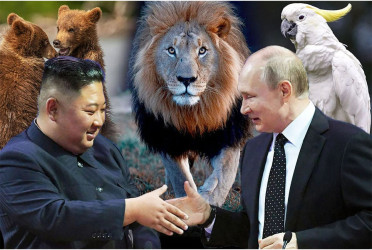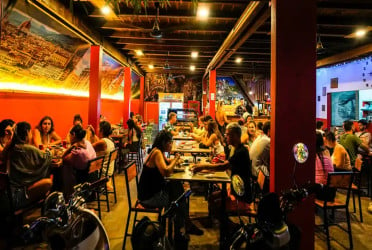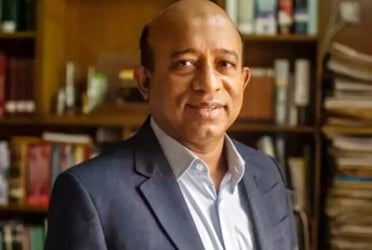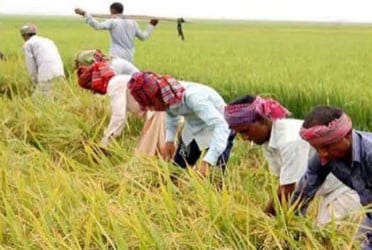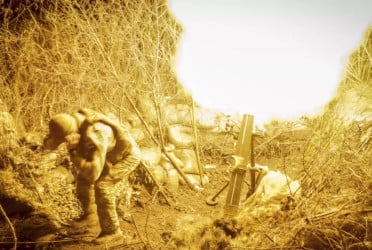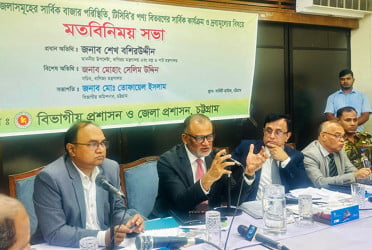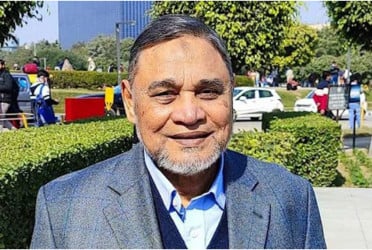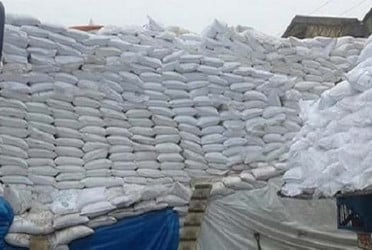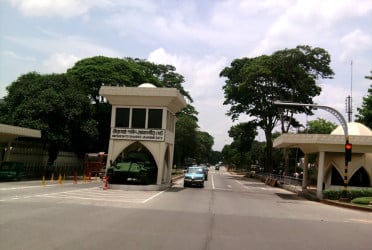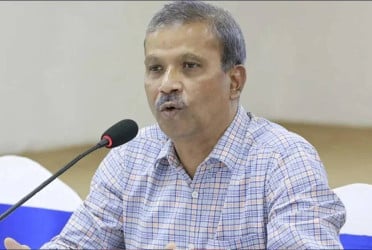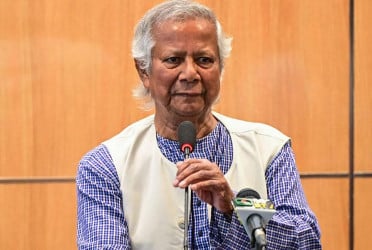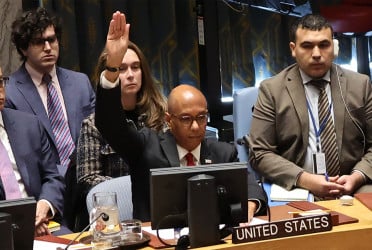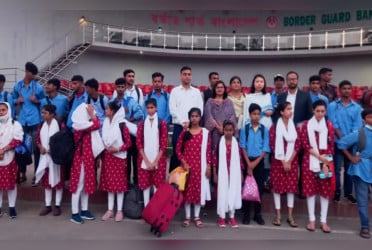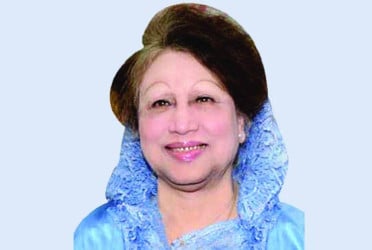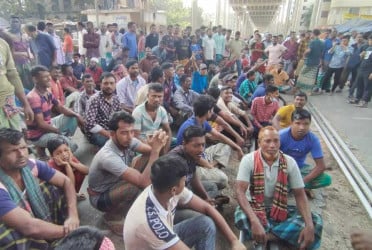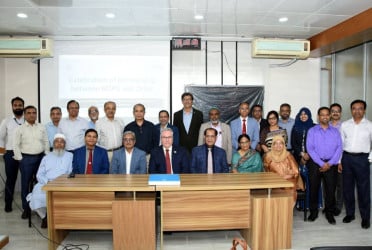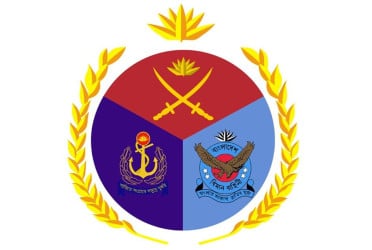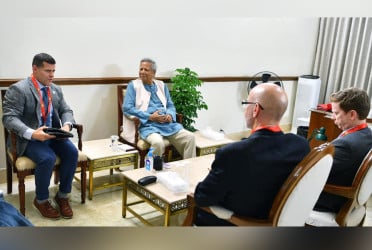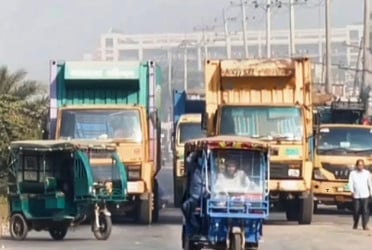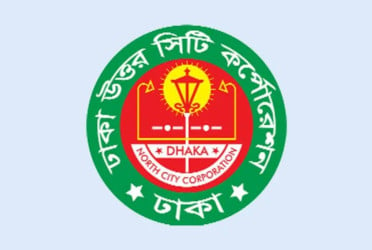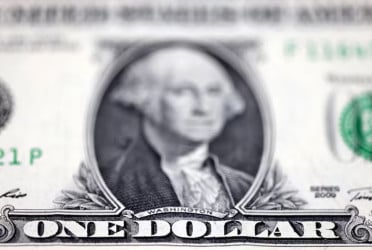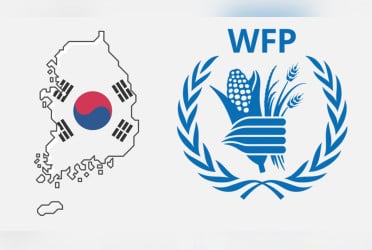Maintaining the continuous economic growth of the country will be tough by the end of the year as money will be spread throughout the country centring on upcoming parliamentary elections scheduled to be held on January 7 next year.
Prime Minister Sheikh Hasina is inaugurating various development projects ahead of the polls. The ruling Awami League eyes the national elections as one kind of festival. Money flow will increase during the vote festival. That’s why the country’s macroeconomics will be vibrant centering the elections.
On the other hand, economists said maintaining economic growth will be tough by the end of the year as the country is facing inflations due to unusual price hikes of the daily essentials. Moreover, ongoing political unrest, hartal, and blockade are also impacting the economy.
The country’s export-import is being hindered due to the dollar crisis. The value of local currency is also declining rapidly. The value of Taka decreased more than 30 per cent in the last two years. Per dollar is being sold Tk 127-128 in the kerb market which was Tk 85 even during the Covid-19 pandemic. Import of raw materials and fuel is being hindered by lack of dollars. It has imbalanced the economy and impacted negatively the balance of foreign trade.
Meanwhile, food inflation has been the highest in the last 12 years. IMF and World Bank have already given separate observations about food inflation. They said there is no effective initiative by the government to reduce inflation. So, Bangladesh’s estimated growth won’t be achieved in the current year.
On the other hand, a new wage structure has been announced in the readymade garment (RMG) sector. Workers' organisations rejected the new wage structure. However, workers have started to return to work as owners of the factories are implementing a 'no work, no wage' system. Owners of the RMG factories claimed that if foreign buyers implement the new price, the country’s export earnings would increase and it would speed up the whole economy.
Analysts said unrest in the RMG sector should be avoided to keep holding the economic growth. Political unrest has already impacted the economy. Owners of the RMG factories said the life standard of the workers will be developed for the implementation of the new wage structure. RMG workers’ purchase power will be increased which will have a positive impact on the microeconomics, said BGMEA President Faruque Hassan.
The country’s foreign reserve now stands at $20 billion from $40 billion. All initiatives taken by the government to fill up reserve deficiency have failed. Bangladesh’s economy has been the victim of the ongoing Russia-Ukraine war and the Israel-Hamas war. However, export earnings and remittance inflow have slightly increased recently. The government thinks if the current flow continues the reserve will improve.
Contacted, Planning Minister M A Mannan said the government is trying to hike the RMG product prices for foreign buyers. Export earnings will increase if the proposal is implemented. He also said various initiatives have been taken to stop high inflation, increase the supply of dollars and prevent the fall of the reserve. The country’s export earnings, remittance, foreign investment, loans and donations are decreasing. Plans have been taken to gear up these matters.
On the other hand, economists said there is no comfortable news for the economy. Inflation, dollar crisis, reserve fall, loan defaulting, export earnings, revenue collection, and political unrest indicate negative growth of the economy. They also said economic activities go slow during election season due to various uncertainties. Foreign investors also invest poorly during the election period.
World Bank in its recent ‘Bangladesh Development Update’ report mentioned the four reasons for inflation. These are -- the hike of fuel, weak monetary policy, devaluation of Taka, and disruption of supply and strict import control.
Dr Hossain Zillur Rahman, former adviser to the caretaker government, has suggested taking effective measures to resolve these problems.
@ The article was published on print and online versions of The Bangladesh Pratidin on November 19, 2023 and has been rewritten in English by Golam Rosul.

